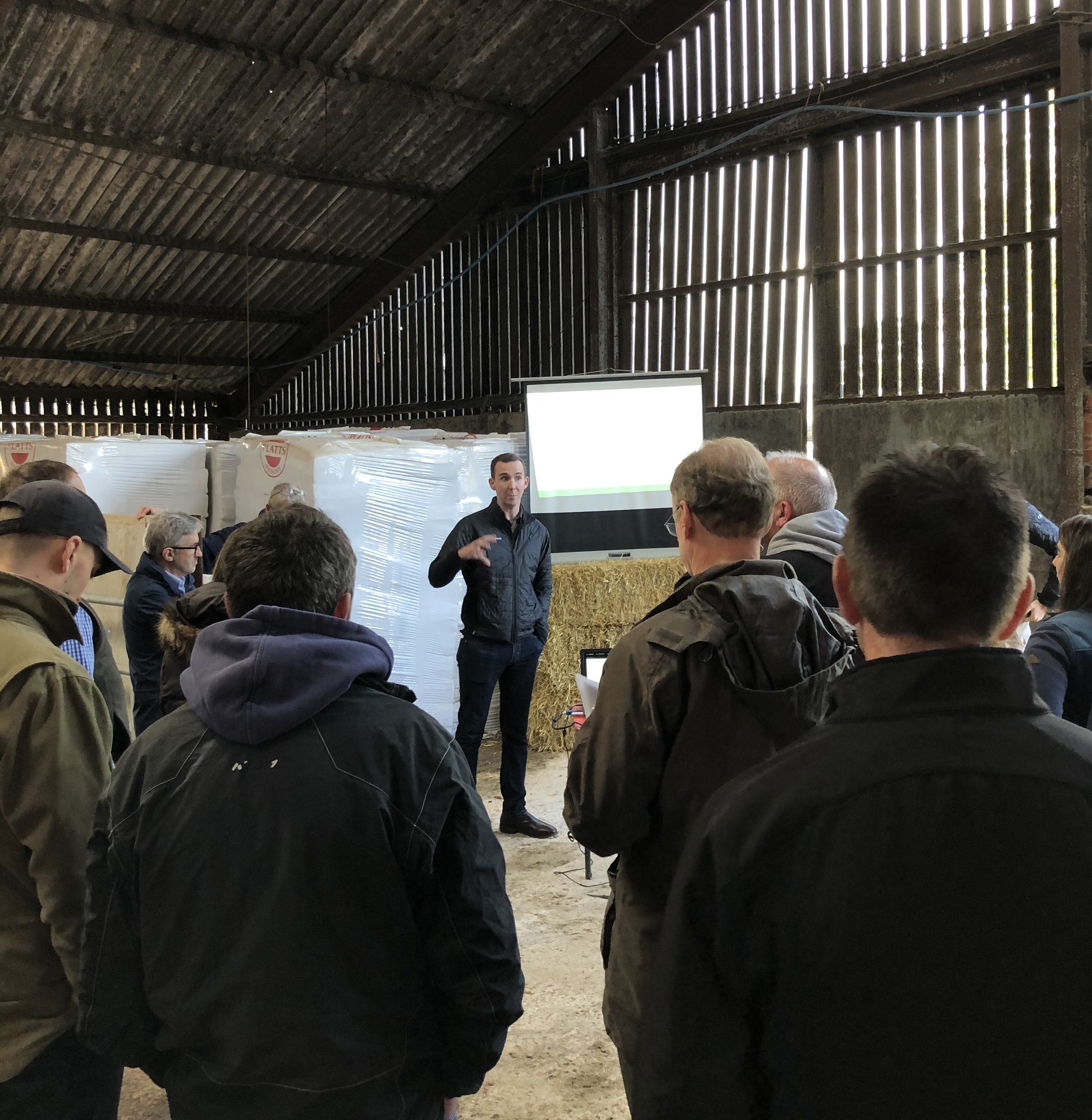By James Higgie
When we’re out and about around the country talking to accountants, farmers and others in the sector we hear a lot about the emergence of new technologies. From our perspective it’s an exciting time to be part of the emerging agri-tech revolution, and that feeling is shared by many people we talk to. However there is also a general feeling that with many new technologies being introduced, it is sometimes hard to know where to ‘place your bets’ - or how to approach choices of new technologies.
At Figured, we’ve always focused on one particular area of farming - financials. We’ve not strayed into on-farm task management, compliance or livestock management. This has been deliberate, and is based on our view that:
- Ensuring that farm financials can be done well is an important enough task for one company.
- Quality over quantity; when you stray into diverse areas, you may end up doing many things okay and not many things well.
- The diversity of on-farm management practices and compliance across geographies reduces your ability to build a global product. Whereas, broadly, profit is profit.
We also have a lot of exposure to the partner ecosystem that Xero has so successfully built. They have approaching 800 apps that all work with Xero, but perform quite specific tasks. This enables businesses to put together the right selection of apps for their purposes (often referred to as an ‘app stack’).
Xero’s strategy here is clear, they are able to get partners to invest time, energy and capital in specific market needs, whilst they cover the fundamental underlying platform capability and ensure the Xero brand is positioned strongly in the market to drive adoption.
Modern software should be designed to be interoperable with other software. It does this via a technical solution called APIs, which are a common way of connecting software and passing data. In this way, software that is designed on the assumption that it will work with other apps. The leading way to do this is via ‘open APIs’ and through the publishing of fully available documentation on how to connect.
How can apps work together successfully?
You can see how you should be able to put together the right choices of software for your farming business. But where to start?
Our view is that you should be looking for proven core accounting software. Xero is an excellent choice to cover your broad accounting needs - enabling you to reconcile your bank transactions, reduce the amount of low value effort being undertaken between you and your accountant, and to shift your conversations towards the future of your business. An easy add on is Xero expenses for scanning receipts, something you can share with farming colleagues to reduce the administrative burden for you and your accountant. (Disclosure, if any required: We are strategic and exclusive partners with Xero).
Around that core software you then need specific apps for the needs you have. For livestock management needs, something like Agriwebb, to bring the animal management side into a user friendly app interface that improves the livestock compliance and management side of the business. They are developing a constantly improving app that is designed to work on-farm, reconciling livestock records and compliance tasks. They also can then be integrated with on-farm hardware such as TruTest, Shearwell and Gallagher to further automate the link between farm activity and record keeping. They integrate through central livestock databases such as BCMS. We have integrated with them in Australia and think they are a good indication of the kind of farmer centric, job focused, technology that will succeed.
If you then have a diversified property portfolio alongside your farming business, you will likely be best managing that with a specific app for purpose. One such app is Re-Leased, that also integrates with Xero and handles the property management side. For more on how that fits, see our estates blog here.
We’d obviously also recommend you then add Figured to your Xero app stack to bring farm production data together with your financials, to make sense of what is driving profit on the farm. Aside from our Xero integration, we also integrate with BCMS reporting, Irish livestock (ICBF), John Deere and Agworld.
The future & managing data
Our view is that we are still in relatively early days with the ability of technology to work seamlessly together. Our view is we will see ever more interoperability between modern software systems, and this will be in stark contrast to other legacy systems who will tend to keep a closed model and draw a wall around their systems. The other big difference is attitude to data, and specifically ensuring that the data that farmers own is protected from resale and usage without their permission. Figured’s philosophy is clear here - the data is the farmer’s and all uses should be permission based and driven from clarity of purpose and provide value back to the farmer.



